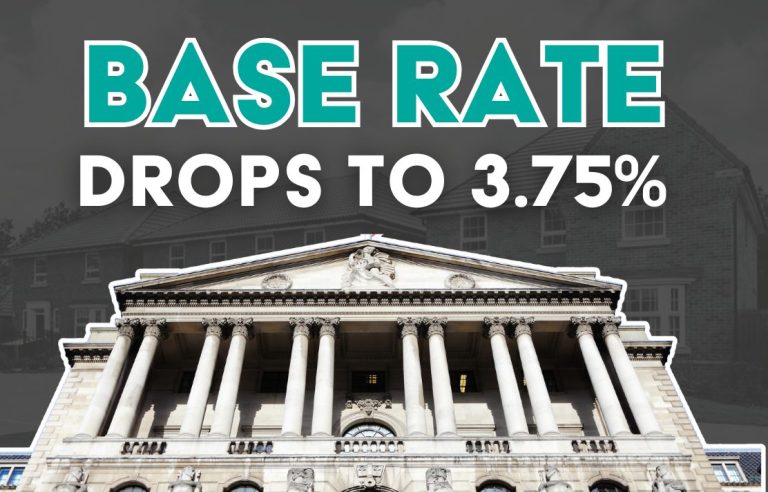Moving home is an exciting milestone, but if you’re currently on a fixed-rate mortgage, you might be wondering how this affects your plans. The good news is that, in many cases, it’s entirely possible to move while on a fixed-rate deal. However, there are important considerations to keep in mind to ensure a smooth transition.
Understanding Fixed-Rate Mortgages
A fixed-rate mortgage means your interest rate remains constant for a set period, typically between two and five years, though longer terms are available. This stability allows for predictable monthly payments, aiding in budgeting and financial planning.
However, fixed-rate mortgages often come with Early Repayment Charges (ERCs) if you decide to pay off the mortgage before the end of the fixed term. These charges can be a percentage of the outstanding loan and may impact your decision to move.
Options When Moving on a Fixed-Rate Mortgage
1. Porting Your Mortgage
Porting involves transferring your existing mortgage deal to a new property. Many lenders offer this option, allowing you to retain your current interest rate and avoid ERCs. However, porting is subject to lender approval and may involve a full application process, including affordability checks.
If your new home is more expensive, you may need to borrow additional funds. This extra borrowing could be at a different interest rate, resulting in two separate mortgage rates. Conversely, if you’re downsizing, some lenders may charge an ERC on the portion of the mortgage you’re repaying early.
2. Paying Off the Mortgage and Starting Anew
Alternatively, you can choose to pay off your existing mortgage and take out a new one for your new property. This route may incur ERCs, but it also provides an opportunity to shop around for better deals, especially if interest rates have decreased since you secured your fixed-rate mortgage.
Factors to Consider
Early Repayment Charges (ERCs): Understand the ERCs associated with your mortgage. These charges can be substantial, so it’s essential to factor them into your moving costs.
Affordability Checks: Even when porting, lenders will assess your financial situation to ensure you can afford the new mortgage. Changes in income, employment status, or credit score can affect approval.
Timing: Some lenders offer a grace period between selling your old home and purchasing a new one, allowing you to port your mortgage without incurring ERCs. However, this period varies by lender, so it’s crucial to confirm the specifics.
Additional Borrowing: If you need to borrow more money for your new home, the additional amount may be subject to different terms and interest rates.
Navigating a move while on a fixed-rate mortgage requires careful planning and consideration. By understanding your options and seeking professional advice, you can make informed decisions that align with your financial goals.
Need Personalised Mortgage Advice?
At UK Mortgage Centre, we’re here to help you make informed decisions about your mortgage when moving home. Our experts can guide you through the process, ensuring you find the best solution tailored to your needs.
Call us on 01925 573328
Email: hello@ukmc.co.uk
Or book your own appointment to speak with one of our friendly advisers.
Let us assist you in making your next move a smooth and successful one.
Disclaimer – UK Mortgage Centre is a trading style of Refresh Mortgage Network Limited. Refresh Mortgage Network Limited is authorised and regulated by the Financial Conduct Authority. FRN – 826982. Registered in England & Wales: 11614569. As a mortgage is secured against your home, it could be repossessed if you do not keep up the mortgage repayments. The Financial Conduct Authority does not regulate some forms of buy-to-let mortgages. The Financial Conduct Authority does not regulate will writing and taxation, and trust advice.







